What is lime - what is it and how it grows
Grown for thousands of years in the Indo-Malay region, lime is prized for its delicious fruits and ornamental leaves. Lime juice is most commonly used in cooking. Tart and sweet at the same time, it serves as a signature ingredient in desserts, marinades and cocktails.
In Russia, they learned about this representative of citrus fruits quite recently. The article will tell you what kind of fruit it is, what it looks like and where it grows.
The content of the article
What is lime
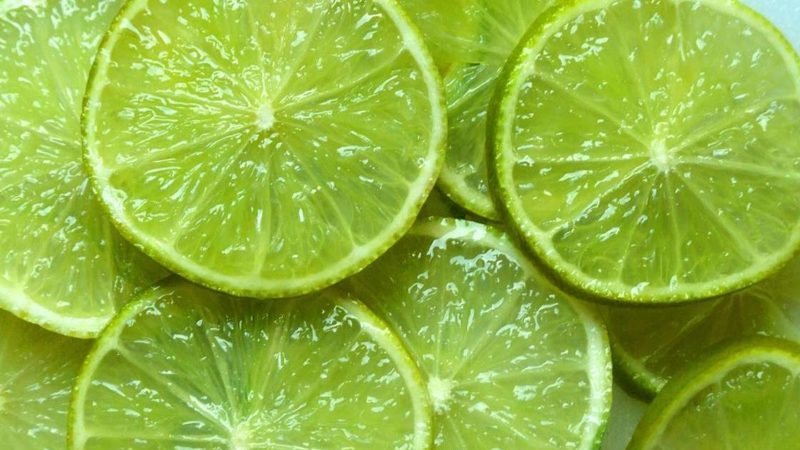
Lime is a fruit from the Rutaceae family. It belongs to the botanically complex genus of citrus fruits. The difficulty is explained by the fact that species of this genus hybridize easily.
Only recent studies have made it possible to determine the origin of this plant. Most of the species now grown are hybrids of lemon (Citrus medica), mandarin (Citrus reticulata), pomelo (Citrus maxima) and the wild citrus fruit of citrus micrantha.
The popular belief that lime is a green lemon is wrong. Although they are relatives, they belong to different species.
Botanical description
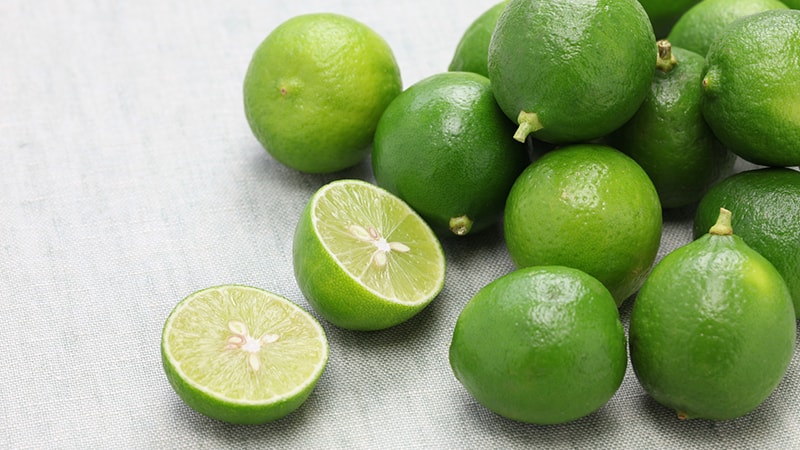
The fruit is round or ovoid, green, 3-6 cm in diameter. The pulp is green, juicy, sour. The rind is green, yellowish green or yellow. At full maturity, the skin is thin. The fruit contains several seeds.
Lime is a highly branching tree or shrub. The crown is round, spreading, with numerous branches covered with short thorns. Leaves oval, smooth, dark green, up to 6 cm long and 4 cm wide. They keep on a short petiole with rounded lionfish.
The flowers are small, white, up to 2 cm in diameter. Inflorescences are formed in the leaf axils and consist of 1-7 flowers.
Reference. Ripe fruits are stored for 1.5-2 months at temperatures from +8 to + 10 ° С and relative humidity of 85-90%.
At home, in the tropics, flowering and ripening of fruits occurs throughout the year. The lime tree grows up to 5 m in height. Fruiting occurs at 3-5 years of plant life. The main flowering occurs in May-June. The period from August to October is the time when the main lime crop ripens.
Unripe fruits are distinguished by a green peel, and when the lime ripens, the peel turns yellow.
Growing regions
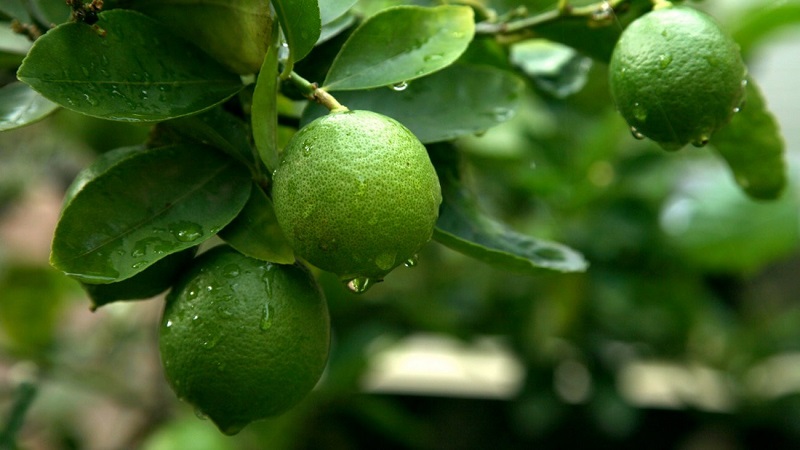
In the wild, lime grows where it is warm and humid all year round. The exact region of origin of the lime tree is unknown. The wild species are believed to have first appeared in Indonesia or other countries in Southeast Asia, and then were transported to the Mediterranean region and North Africa (around 1000 AD).
In the XIX century. to prevent the spread of scurvy, British sailors received a daily lemon or lime. The use of citrus was originally a military secret, as scurvy was a common scourge of various national fleets. Because of the use of limes, British sailors have received the nickname Limey.
In 2018, the world production of this fruit was 19.4 million tons. 65% are provided by Mexico, India, China, Argentina, Brazil and Turkey.
Interesting fact. Since 1950, Mexico has been the world's largest producer and exporter of lime. In 2014, a hurricane swept across the country, destroying most of the crop, causing prices to skyrocket. The event was called the Lime Panic.
Two popular varietiesgrown in Mexico are Mexican lime (Citrus aurantifolia) and Persian lime (Citrus latifolia). The first is of Indo-Malay origin and was brought to Mexico by the Spaniards in 1520, and the second came to Mexico from the United States.
Limes are grown in small quantities in Uzbekistan (here the plant is called mevasi).The cultivation of citrus fruits in this country has been carried out since 1959. Tashkent even has its own lemonarium, where a unique variety of Uzbek lemon was bred, which gained fame and recognition far beyond the borders of Asia.
In Russia
On the territory of Russia, the cultivation of real lime in the open field is impossible, since it is a tropical plant that is demanding on heat and humidity throughout the year.
Small quantities of lime trees are grown in greenhouses and home conditions. With proper care, they flower and bear fruit like their tropical counterparts.
At home, citrus fruits are also grown for decorative purposes. This evergreen shrub is prized for its fragrant white flowers, beautiful green fruits and rich vibrant greens.
Growing features and ripening terms
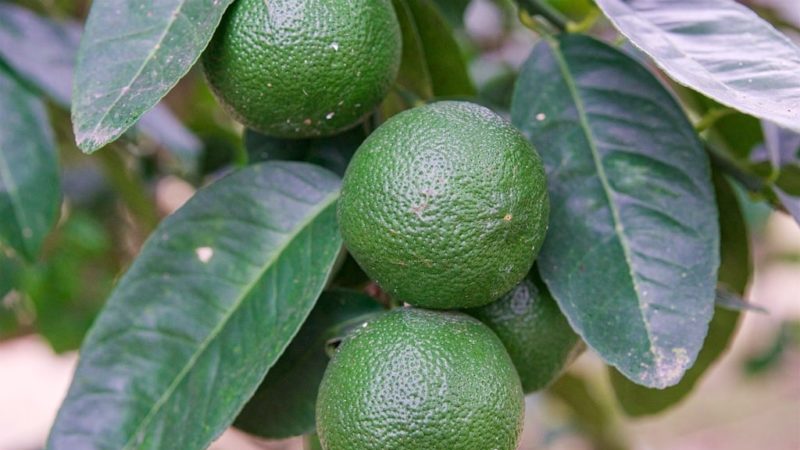
Indoor lime needs timely watering and fertilization. The plant is propagated by seeds that remain viable for 2-3 weeks. Sow the seeds into a large, deep container. Seedlings grow large, with a developed root system.
For successful growth, the plant is provided with a temperature of at least + 25 ° C... After pecking seeds from a can or film, a mini-greenhouse is built. When the length of daylight hours is less than 12 hours, the plant is additionally illuminated.
Watering is carried out regularly, preventing the earthen coma from drying out. Spray the foliage regularly. With a lack of moisture, the tree dumps it. Lime is also propagated by cuttings and layering. The cuttings are unpretentious and take root quickly.
Fruiting begins at 3-5 years. The tree blooms mainly in spring, and the fruits ripen by autumn. Flowering and fruiting are possible throughout the year.
When grown indoors, the plant needs pruning. The bush is formed as a small tree with a thick trunk and branches growing to the sides.
Cooking applications
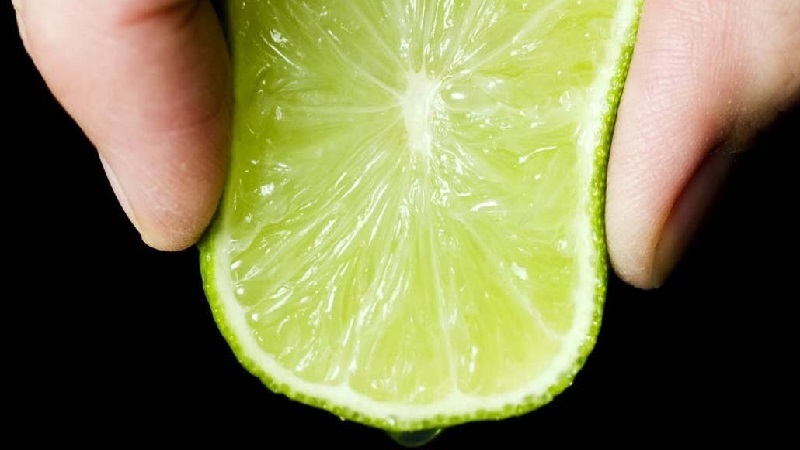
Limes contain more sugar and acids than lemons. Lime juice used to make lemonades, added to cocktails.
It is also a common ingredient in Mexican, Vietnamese and Thai dishes. So, lime soup is a traditional dish in the Mexican state of Yucatan. And salted limes are an integral part of Indian cuisine. In the south of the country, fruit is an important part of the diet.
The use of dried limes (called black limes, or lumi) as a flavoring agent is common in Persian and Iraqi cuisine. A traditional lime pie is baked in America. In Australia, the fruit is used to make marmalade.
Conclusion
Citrus lime is not a green lemon, as many believe, but a complete fruit of a separate type, widely used by culinary experts in many countries. Yellow lime is also not a lemon, but a ripe lime fruit.
In Russia, the fruit is grown in small quantities in greenhouses and at home. As an ornamental plant, lime trees are prized for their fragrant flowers and vibrant greenery.